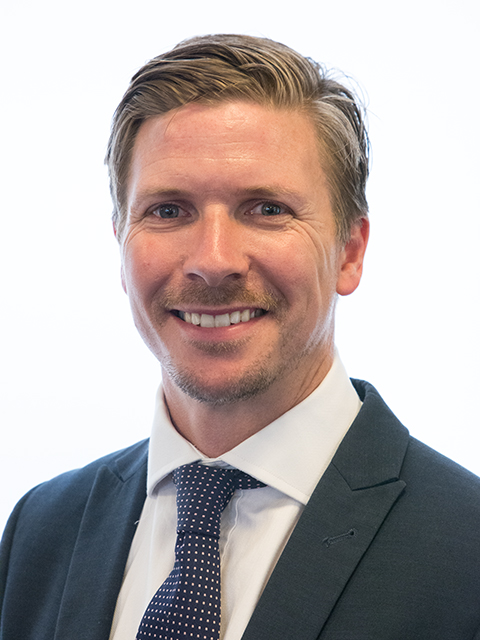The research literature and experiences from organisational studies are clear on a number of things: resistance requires change, expecting different results without change is madness and the key to organisational effectiveness lies within its people. It is for these and many other reasons that self-development should be a priority for individuals and leaders. This blog post explores some of the key benefits of this important but often challenging pursuit.
Before getting started let’s consider a concept called the P/PC balance, proposed by Stephen Covey, and an idea which I always return to when discussing the importance of personal or professional development. Covey uses the parable of the goose and the golden egg to highlight the dangers of not taking care of the thing that provides you with your desired outcome. As we know, in the story the farmer is so intent on getting more golden eggs that he kills the goose and in turn destroys his ability to get any more eggs in the future. In our context, it is vitally important that we invest in our own and our staff’s development if we want to sustainably reap the benefits. If we fail to take care of and develop ourselves or our staff then we, in turn, reduce capability.
Now let’s consider some of the specific areas that self-development has the power to influence:

Self-development through personal or guided reflection can dramatically improve an individual’s level of self-awareness. As behaviour often flows from internal beliefs, perceptions or emotions, a greater understanding of these can lead to behavioural improvements. Self-awareness is a key component of emotional intelligence, an attribute directly linked to individual and organisational effectiveness.
The development of knowledge is often the most accessible and demonstrable form of self-development. Increases in knowledge and then subsequently understanding emerge both from informal self-directed study and the completion of formal qualifications. Schema theory highlights how improvements in the volume, interconnectedness and utilisation of information stored in the long-term memory directly improves performance.
Confidence is a key contributor to human functioning and Albert Bandura’s Self-efficacy theory suggests that our perceptions of our ability to complete specific tasks directly affect our behaviour and thus our success. Self-efficacy is a prime target for self-development and can be developed through the accumulation of mastery experiences, vicarious influence, social persuasion and imaginal experiences.

Levels of motivation play a key role in the effectiveness of individuals and teams and self-development figures strongly within motivational theories such as Maslow’s expanded hierarchy of needs. Achieving needs like self-esteem, knowledge, understanding and self-actualisation all flow from self-development efforts and contribute to an individual’s inner fire.
Often associated with motivation is a person’s happiness and therefore another key target and outcome of self-development. Martin Seligman’s work on positive psychology positions ‘meaning and purpose’ as the highest form of happiness and an aspiration for us all. Self-development through strategies such as meditation, reflection, coaching or helping others can contribute to a deepening sense of our own contribution.

Acquiring new skills or enhancing existing ones are also key benefits of self-development. It is often this new level of skill that enables individuals to become more effective in their current role or take on new responsibilities. Research by the Chartered Institute of Personnel and Development recognised that ‘essential skills’ such as communication, team working and problem-solving are vital and yet underdeveloped due to poor investment. To add to that challenge, the dynamic nature of organisations, results in an even more dynamic range of role requirements and a greater need for ongoing specialised self-development.
Gaining knowledge and skills is only part of the self-development journey as increases in effectiveness often come from the successful application of these products of self-development. Levels of effectiveness are often separated by small differences in execution and self-development can improve relevant levers such as resource allocation and efficiency. Seeking external support through mentoring and coaching can further aid self-development by providing the opportunity to gain the observational experience, feedback and advice required to make those marginal gains in execution.
In conclusion, the above information highlights only a brief set of benefits that can be found from self-development and yet even within these it is clear how important this pursuit is to individual and organisational effectiveness. That being said, words are cheap and the door to self-development is often locked from the inside. Individuals must find the motivation to begin and the resilience to continue with their development and organisations must provide environments to support change and opportunities for focused development. This team effort will no doubt place people on the path to being happier, healthier, smarter and kinder.
Dr Chris Baker
Professional Development Lead at the Cabot Learning Federation
A Doctor of Education (EdD) and an expert in Leadership and Professional development, Chris wrote his doctoral thesis on The Development of Leadership Self-efficacy. Chris’ research, knowledge and experience provides valuable insight into the role that self-development plays in developing a foundation for motivation, well-being, and personal accomplishment.
Chris joins our panel as an expert in helping HUM4NS become smarter…







